An ICHRA class is a defined group of employees to whom employers may offer an ICHRA. Classifying employees allows employers to offer ICHRAs to some groups of employees while excluding others and to provide different levels of ICHRA benefits to different groups. Employers create these classes using one or more permitted categories and must follow specific rules to maintain compliance. Below are the key characteristics of ICHRA classes.
Distinct Employee Groups
ICHRAs are offered to employees grouped into distinct, non-overlapping classes based on their inclusion or exclusion from the following permitted categories: Permitted categories include:
- Full-time employees
- Part-time employees
- Salaried employees
- Non-salaried employees
- Employees within the same geographic rating area
- Seasonal employees
- Employees who have not satisfied a waiting period for coverage.
- Employees covered by collective bargaining agreements
- Nonresident aliens without U.S.-based income
- Temporary employees placed at unrelated entities
- Employers may also create combined classes, such as full-time employees in a specific geographic area.
Uniform Terms Within Classes
ICHRA benefits must be offered on the same terms and conditions to all employees within a class. Variations are only allowed based on:
- Age: Older employees may receive a higher benefit, up to three times the amount offered to the youngest participant.
- Family size: Benefits can vary depending on the number of covered dependents.
Group Health Plan Restrictions
Employers cannot offer both a traditional group health plan and an ICHRA to the same class of employees. However, a special rule allows offering a group plan to existing employees while providing an ICHRA to new hires starting after a specified date.
Special Rules for New Hires
Employers may offer an ICHRA to new hires in a class while continuing a traditional group health plan for existing employees. The new hire subclass must follow the same terms and conditions and may include a prospective start date. This subclass can be discontinued, but subsequent re-application of the rule must also be prospective.
Group Health Plans Invokes Minimum Class Sizes
When offering ICHRAs alongside group health plans to different employee classes, minimum class size requirements may apply to prevent adverse selection.
These requirements depend on your total number of employees and are determined at the start of the plan year:
- Fewer than 100 employees: Minimum of 10 employees in the class
- 100–200 employees: At least 10% of total employees
- More than 200 employees: Minimum of 20 employees
This rule applies only when you offer a traditional group health plan to one class of employees and an ICHRA to another. In that case, the classes offered the ICHRA must meet the minimum size if they’re defined by any of the following categories:
- Full-time employees, when part-time employees are offered the group plan
- Part-time employees, when full-time employees are offered the group plan
- Salaried employees
- Non-salaried (hourly) employees
- Employees whose primary worksite is in the same insurance rating area (unless that rating area is an entire state or a combination of whole states)
- Any combined class that includes one of the categories above plus another category
The minimum-class-size rule does not apply to classes that are offered the traditional group plan or offered no coverage.
Class Definitions at the Employer Level
Employee classes are defined at the common-law employer level, allowing flexibility across related entities. Each employer in a controlled group may set its own class definitions.
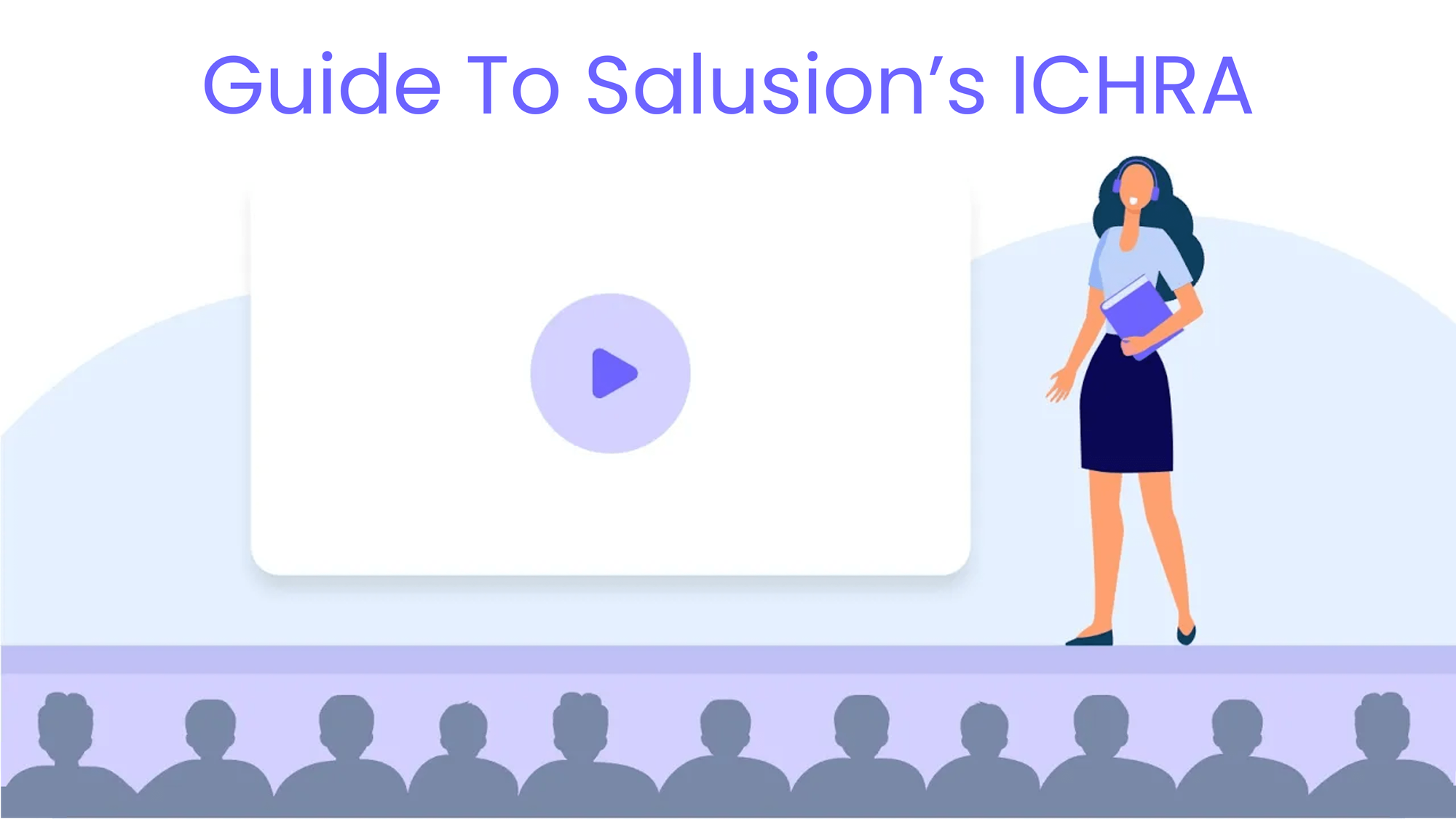
subtopic
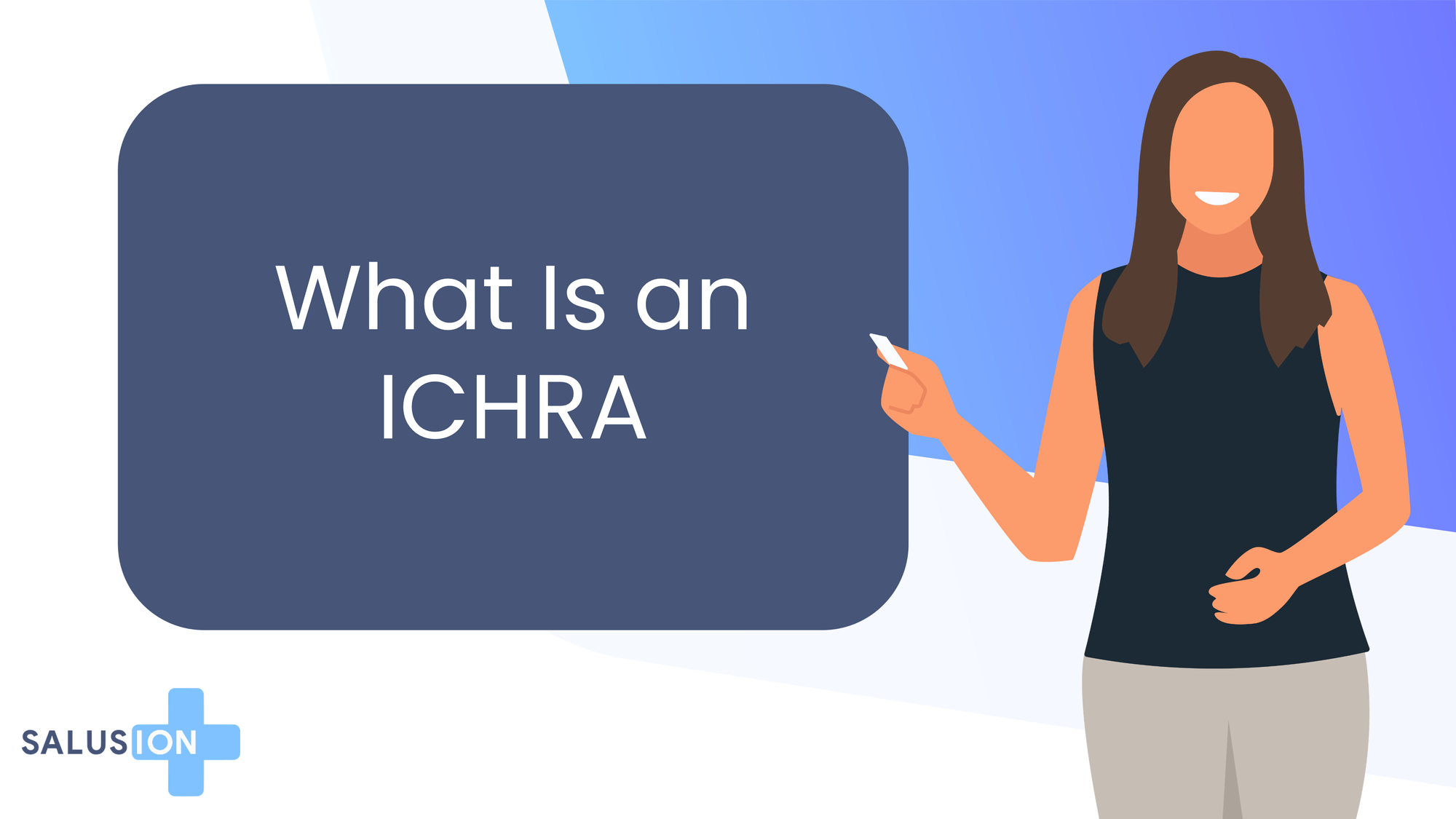
subtopic
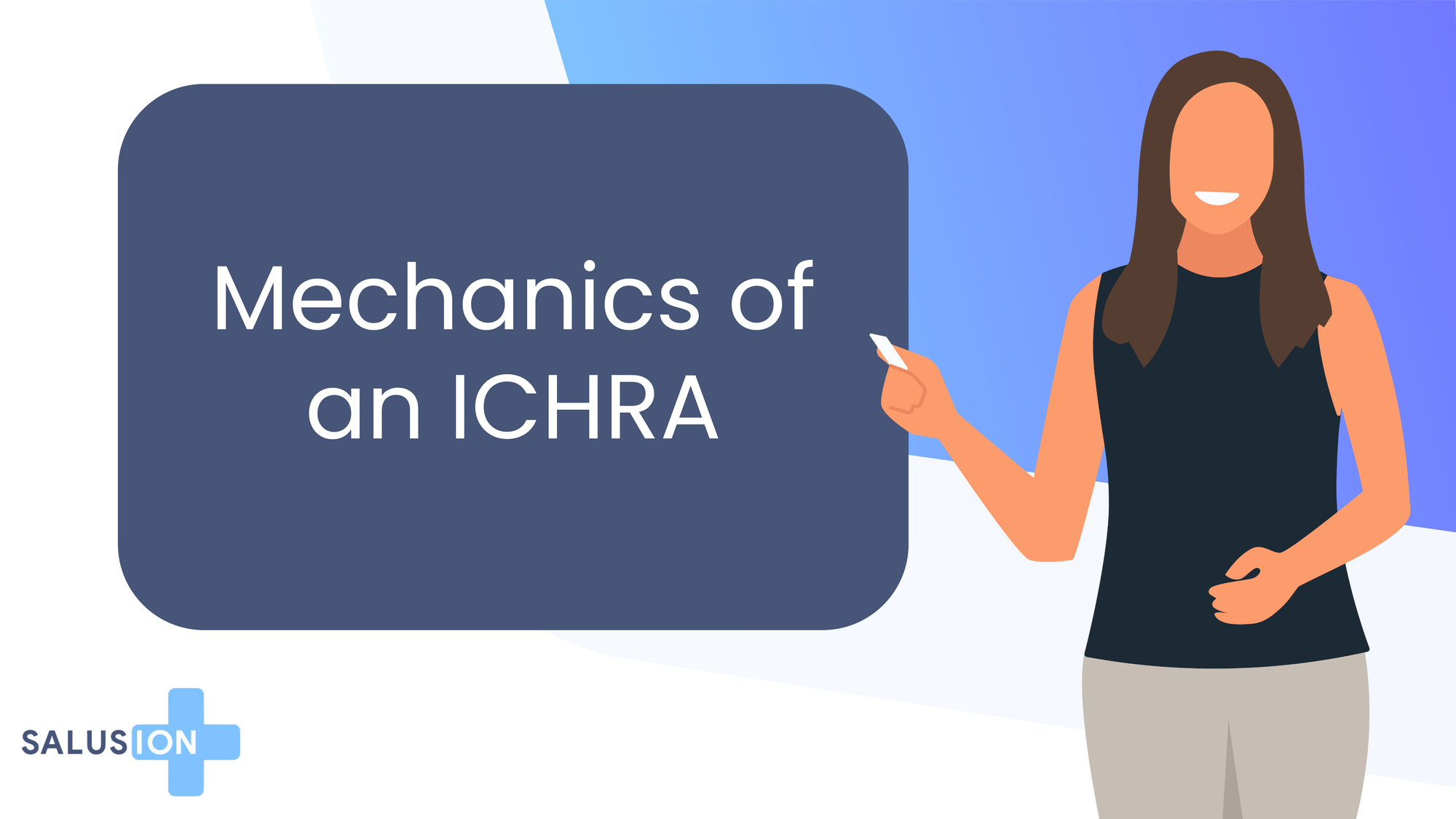
subtopic
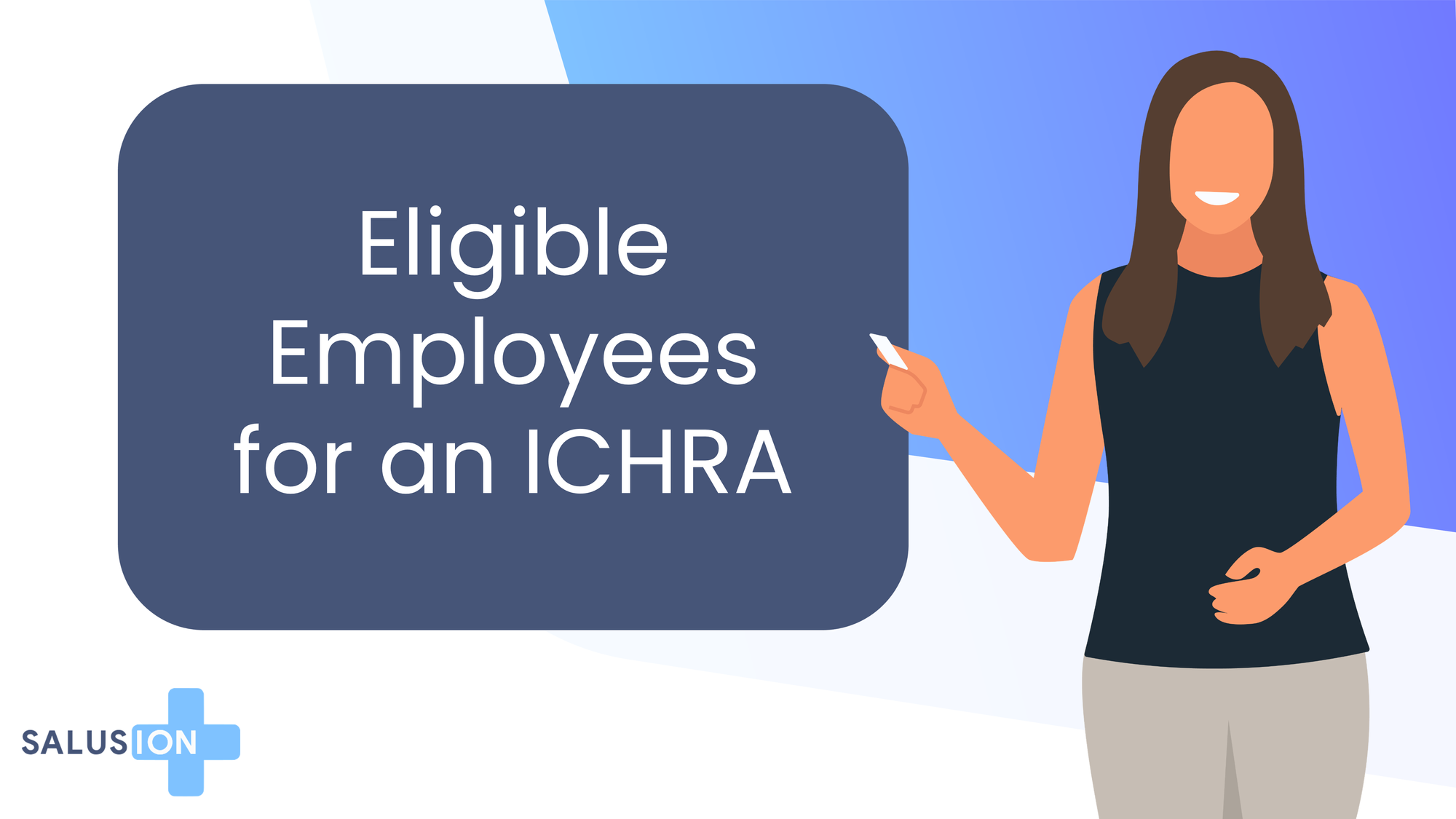
subtopic
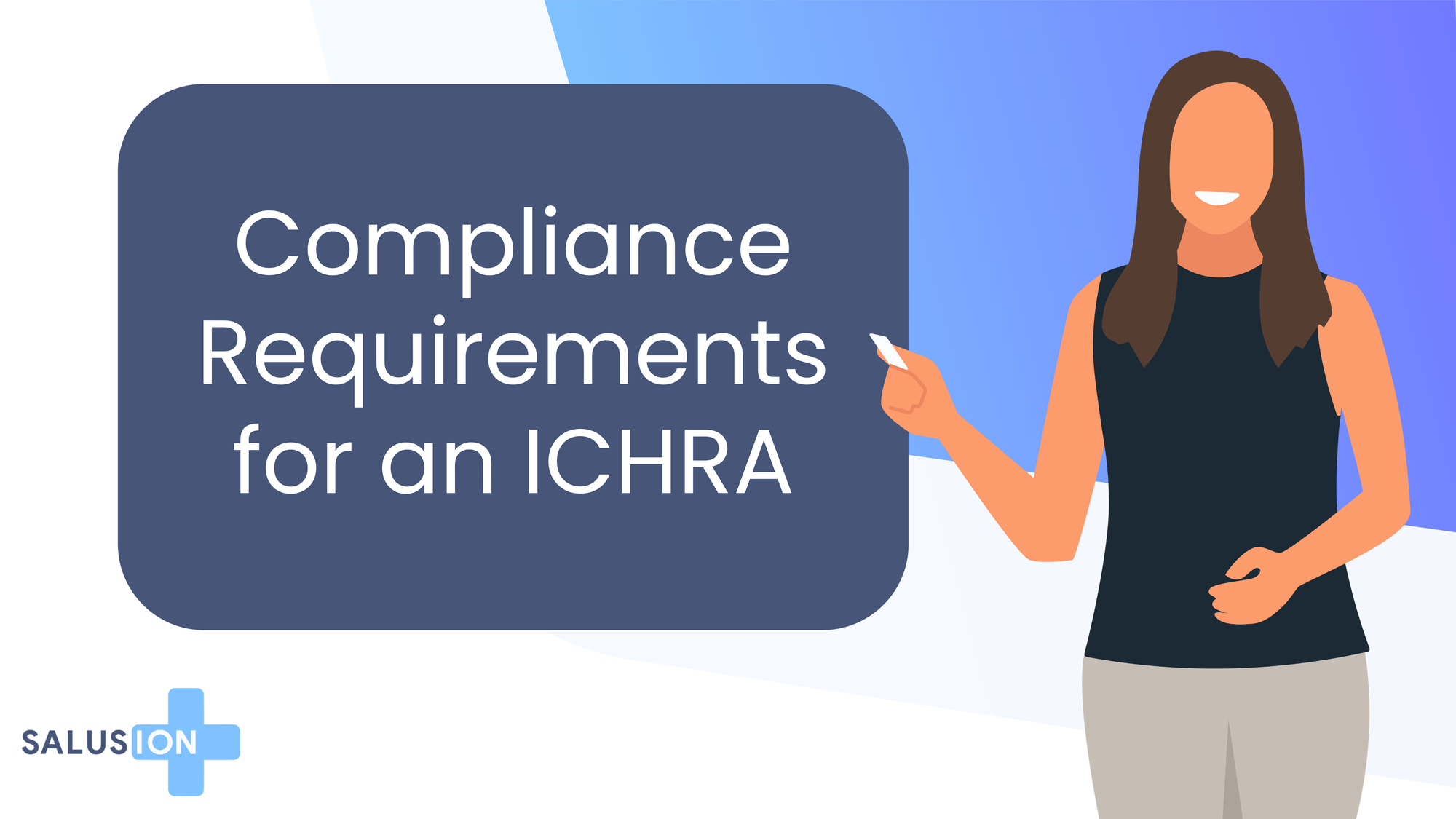
subtopic
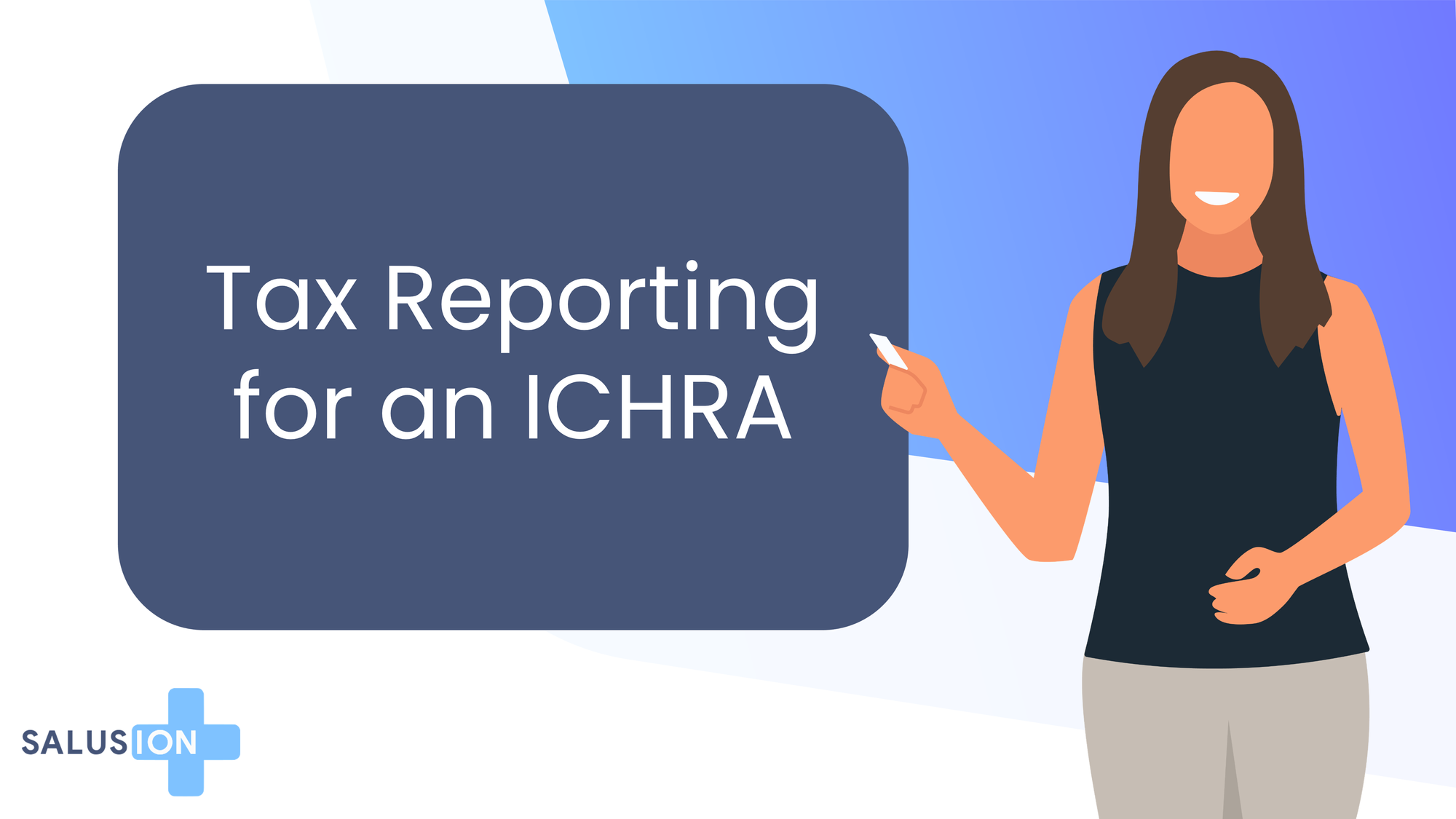
subtopic
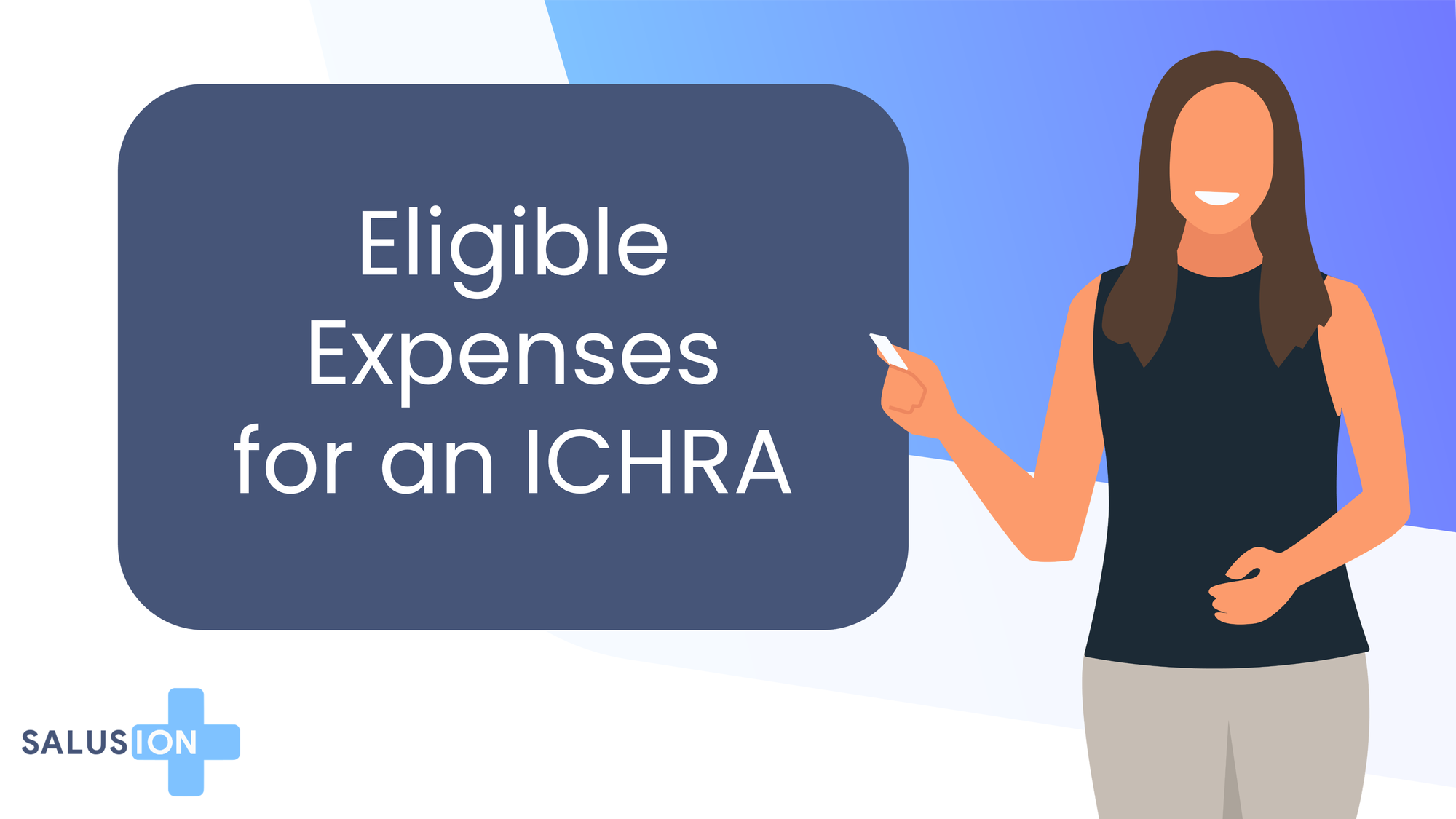
subtopic
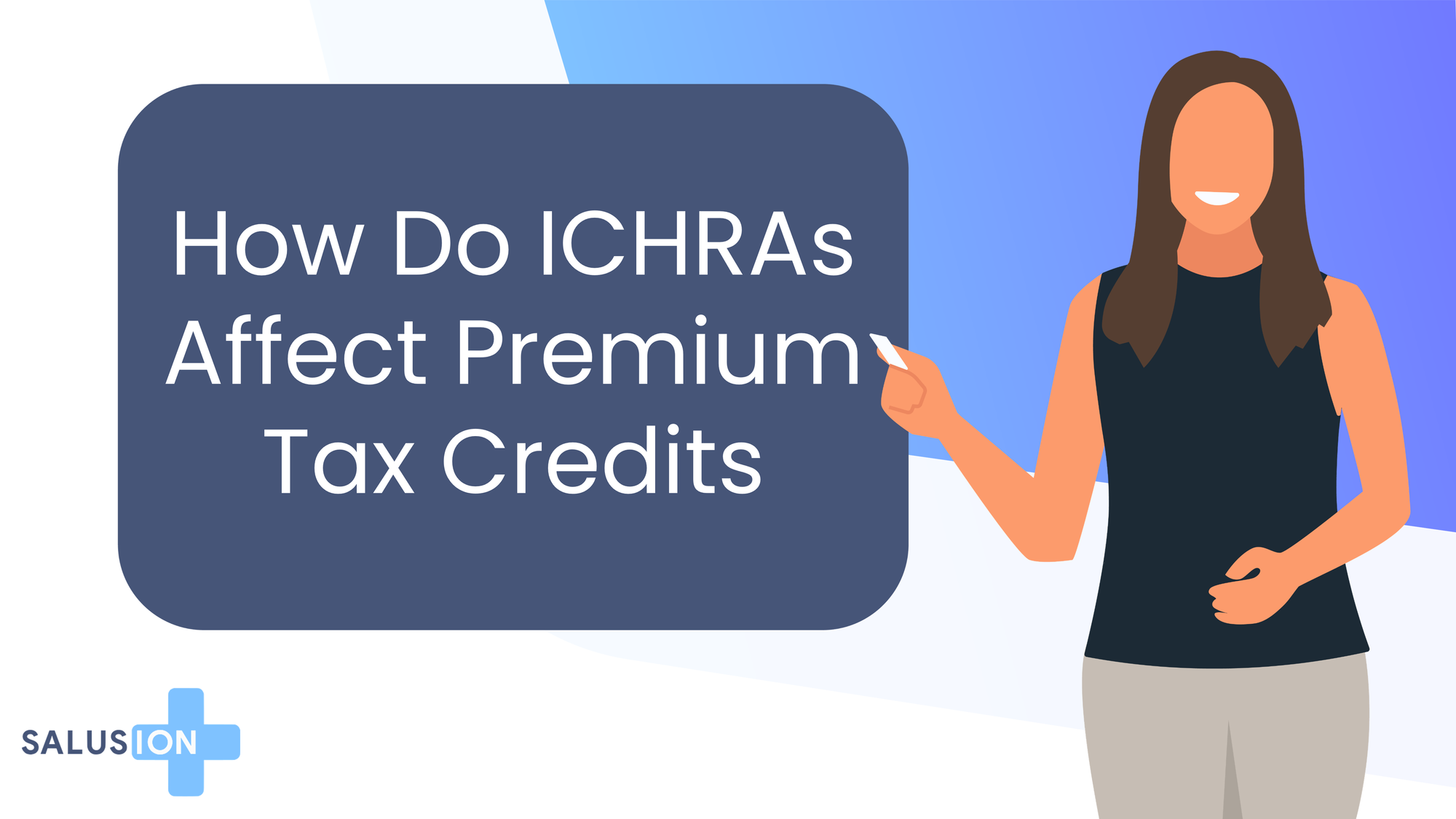
subtopic











